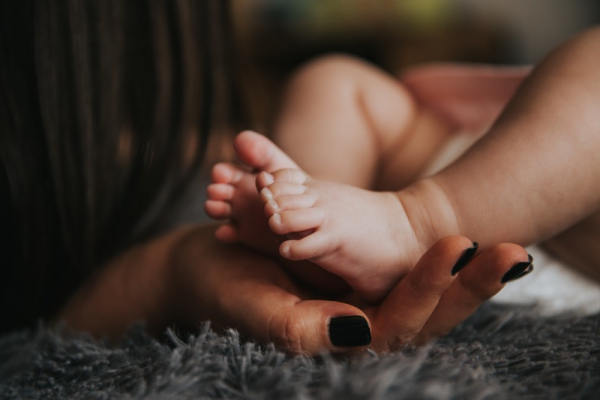
The emergence of a viral video that showcases the exciting possibilities of artificial womb technology has stirred up concern among bioethicists. The technology, which may allow parents to manipulate the genes of their unborn children as they develop inside a portable incubator, has raised many ethical questions.
A respected bioethicist and founder of the Center for Bioethics and Culture believes that the mother's womb is the most natural and optimal environment for the growth and development of a baby. The artificial womb technology could erode the critical parent-child bonding that occurs during pregnancy, and any genetic editing of an unborn child could raise serious ethical issues.
What is an Artifical Womb?
A synthetic womb, also known as an artificial uterus, is a device that allows for extracorporeal pregnancy. Unlike traditional pregnancies inside a mother's body, a synthetic womb can grow a fetus outside of an organism.
According to GK Today, This replacement organ has several applications. It can assist male or female couples in developing a fetus, effectively extending the threshold of foetal viability to a much earlier stage of pregnancy. The device is akin to a neonatal incubator but with extended functions.
Furthermore, the technology can help initiate fetal development and make early-stage fetal surgery viable. Ultimately, synthetic wombs hold great potential for revolutionizing the field of obstetrics and improving the health outcomes of both mothers and infants.
Bioethicist Raises Concern
According to a recent report by the Christian Post, Jennifer Lahl, founder of the Center for Bioethics and Culture, said that removing the bond between a mother and her child could have harmful effects on both parties. A mother's womb is a natural environment where a baby grows for nine months, and during this time, the baby develops an intuitive connection with the mother's voice, movements, and smell.
Removing this bond could have severe implications for the mother and child. Recently, filmmaker and science communicator Hashem Al-Ghaili released a video showcasing what a mass artificial womb facility would look like, with the capacity to grow up to 30,000 babies annually.
The pods designed for growing IVF babies simulate the conditions of a mother's womb with artificial amniotic fluid and an artificial umbilical cord. While the technology is groundbreaking and offers many benefits, there are concerns about how it could affect the natural bond between a mother and her child.
Potential Harm of the Technology
The development of artificial wombs has sparked a wide range of debates and concerns, highlighting hope and potential hazards. According to Inverse, while some women may find this alternative for gestation relief, it's feared that others considering terminating a pregnancy might feel compelled to use the technology to continue gestation.
There are also worries that this technology will further widen the gap between rich and poor, with wealthier individuals able to afford this technology and poorer ones relying on traditional pregnancy.
Distribution of access, government funding, and determining who gets subsidized access are also areas of concern. Discrimination against individuals born via an artificial womb is another issue that requires attention, ensuring their origin stories are not subject to negative public scrutiny or ridicule. Additionally, some people may find this technology repugnant and fundamentally against the natural reproductive order.
Related Article: Efforts to Increase Access to Abortion Pills Gain Momentum, Despite Ongoing Controversy












